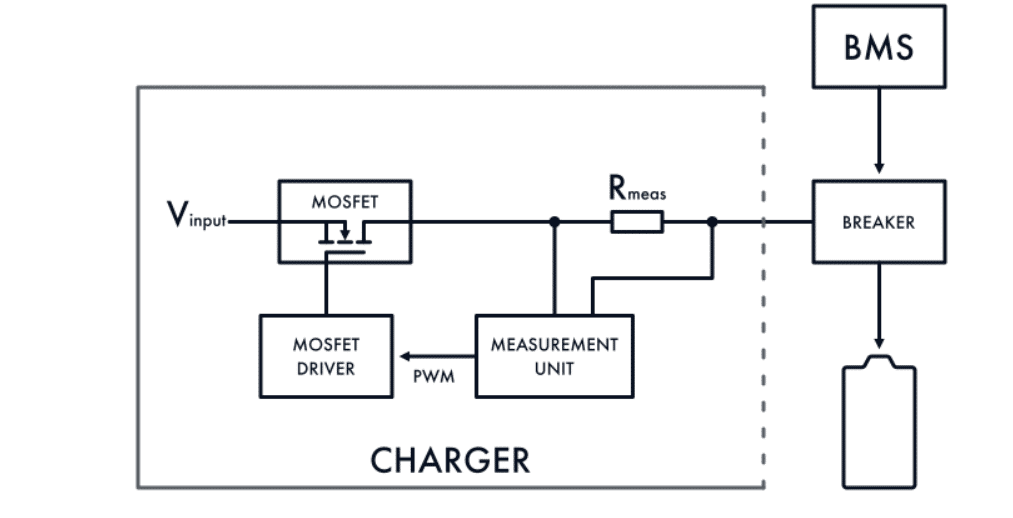When it comes to using Lithium Iron Phosphate (LiFePO4) batteries, one of the most frequently asked questions is whether a Battery Management System (BMS) is necessary. Understanding the role of a BMS and its importance can significantly impact the safety, performance, and longevity of your battery system. In this article, we will explore the necessity of a BMS for LiFePO4 batteries, its benefits, and how it enhances overall battery management.
1. What is a Battery Management System (BMS)?
1.1 Definition and Functionality
A Battery Management System (BMS) is an electronic system that manages a rechargeable battery pack. It ensures that the battery operates within safe limits by monitoring various parameters such as:
- Voltage: Monitoring individual cell voltages to prevent overcharging or undercharging.
- Current: Managing charging and discharging currents to protect against excessive draw.
- Temperature: Keeping track of battery temperature to avoid overheating.
- State of Charge (SoC): Calculating the remaining capacity of the battery.
1.2 Importance of a BMS
The BMS plays a critical role in ensuring:
- Safety: Prevents conditions that could lead to thermal runaway or fire.
- Longevity: Extends the lifespan of the battery by preventing damage from over-discharge or overcharge.
- Performance: Enhances efficiency by ensuring balanced charging and discharging across cells.
2. Do You Need a BMS for LiFePO4 Batteries?
2.1 Safety Considerations
While LiFePO4 batteries are inherently safer than other lithium-ion chemistries, using a BMS is still highly recommended:
- Thermal Stability: Although LiFePO4 batteries are less prone to overheating, they can still experience issues if not monitored properly.
- Protection Against Failures: A BMS provides an additional layer of safety by preventing scenarios that could lead to battery failure.
2.2 Performance Optimization
A BMS is essential for optimizing the performance of your LiFePO4 batteries:
- Cell Balancing: Ensures that all cells in a multi-cell configuration charge and discharge evenly, which enhances overall efficiency.
- Real-Time Monitoring: Provides real-time data on voltage, current, and temperature, allowing users to make informed decisions about usage.
2.3 Longevity Benefits
Using a BMS can significantly extend the lifespan of your LiFePO4 batteries:
- By preventing overcharging and deep discharges, a BMS helps maintain optimal operating conditions for each cell.
- Regular monitoring allows for early detection of potential issues, facilitating timely interventions.
3. Advantages of Using a BMS with LiFePO4 Batteries
3.1 Enhanced Safety Features
The primary advantage of incorporating a BMS into your battery system is enhanced safety:
- Built-in protections against over-voltage, under-voltage, and over-current ensure that the battery operates within safe limits.
3.2 Improved Efficiency
A well-functioning BMS optimizes energy usage:
- By balancing cells and managing charge cycles effectively, users can achieve better overall performance from their battery systems.
3.3 Extended Cycle Life
LiFePO4 batteries with a BMS typically experience longer cycle lives:
- Users can expect more cycles—often exceeding 5000—when using a BMS compared to those without one.
| Feature | With BMS | Without BMS |
|---|---|---|
| Overcharge Protection | Yes | No |
| Cell Balancing | Yes | No |
| Temperature Monitoring | Yes | No |
| Lifespan | Extended | Shortened |
4. Alternatives to Using a BMS
While it’s not advisable to operate batteries without some form of management system, there are alternatives:
- Basic Monitoring Systems: Some simpler systems provide basic voltage monitoring without full management capabilities.
- Manual Monitoring: Users can manually check voltages and temperatures but this method is labor-intensive and prone to human error.
5. Latest Developments in Battery Management Technology
Recent advancements in battery management technology focus on enhancing safety and efficiency features:
- Innovations include smart battery management systems that allow users better monitoring capabilities through mobile apps.
- Research into solid-state batteries promises increased energy density and improved safety characteristics in future models.
6. Frequently Asked Questions (FAQs)
6.1 Can I use my LiFePO4 battery without a BMS?
While it is technically possible, it poses significant risks related to safety and performance; thus, it is not recommended.
6.2 What happens if my battery overheats?
Overheating can lead to thermal runaway, potentially causing fire or explosion if not managed properly.
6.3 How do I choose the right BMS for my LiFePO4 batteries?
Select a BMS that matches your battery specifications in terms of voltage, capacity, and features like cell balancing.
7. Conclusion
In conclusion, while Lithium Iron Phosphate (LiFePO4) batteries are among the safest lithium-ion options available, incorporating a Battery Management System (BMS) is highly recommended for optimal performance, safety, and longevity. A BMS not only enhances safety features but also improves efficiency and extends the lifespan of your battery system. For anyone relying on LiFePO4 technology for energy storage solutions—whether in electric vehicles or renewable energy applications—a quality BMS is essential.At Redway Battery, we specialize in manufacturing high-quality Lithium LiFePO4 solutions tailored to meet diverse customer needs worldwide. With our extensive experience in this field, we provide custom solutions quickly for wholesale and OEM customers. For a quick quote or more information about our products, please contact us today!




